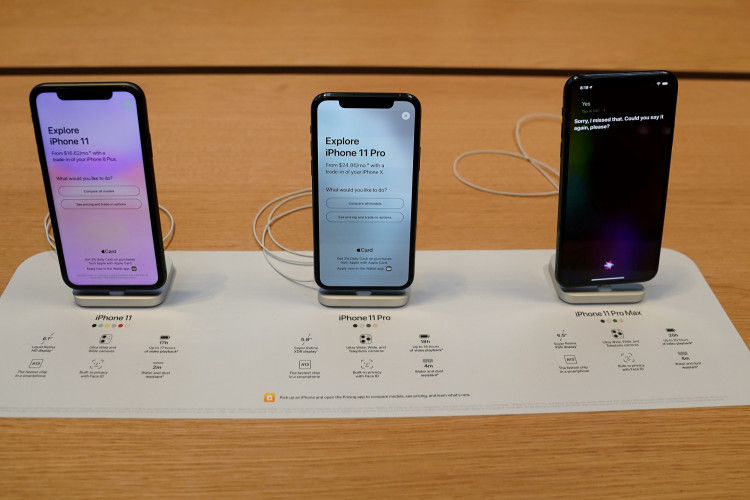Apple is believed to be working on a foldable iPhone and if all goes well, that could come next year. But with the COVID-19 pandemic entering the picture, delays are likely and the presumed coming may be spoiled. Regardless, the Cupertino company will continue to work on one and hopefully fulfill the wish of most to see a foldable iPhone or even a foldable iPad.
Right now, the information on a foldable iPhone or iPad is understandably scarce. All people can do for now is rely on rumors or possibly look at the patents the company is filing. Curiously, there is one that some are speculating to be related to the foldable displays iPhones may have moving forward. This has to do with flexible batteries that make a lot of sense.
Filed as US Patent No. 10,637,017, the battery will be located in key regions of a device. If this holds up, it addresses key issues tied up to the mobile phone. Batteries take up a lot of space and are part of the reason why the phone cannot be bent easily. Some have accidentally done so and ended up either needing to replace the screen or the phone entirely.
Under the patent, the batteries would be placed at identified regions to aid in the power requirements of the device. If this comes to fruition, not only does it support the planned flexible display plans for Apple devices, it could also make them lighter. Batteries also account for some weight of iPhones. Aside from that, the saved space could pave the way for more components needed and allow Apple to further enhance future phones and tablets.
Flexible displays are the new norm of mobile phone companies. Rival Samsung has already broken the ice with their Samsung Galaxy Fold. But as most know, the pricing standpoint is a bit steep, yet another concern for consumers. Factoring in once more the coronavirus issue, consumers are unlikely to spend heavily on a device in the coming months as they try to work on normalizing their lives.
The patents are something but remain unofficial. Some are used while others end up being useless. But flexible batteries make sense. But tied up to that, there are more questions as well. There is the matter of longevity, the life span of an iPhone or iPad if it were to rely on these batteries. Secondly, would this drive up pricing? New technology applied translates to added costs that result in expensive phones. Could this be the case for the foldable iPhone or iPad?






